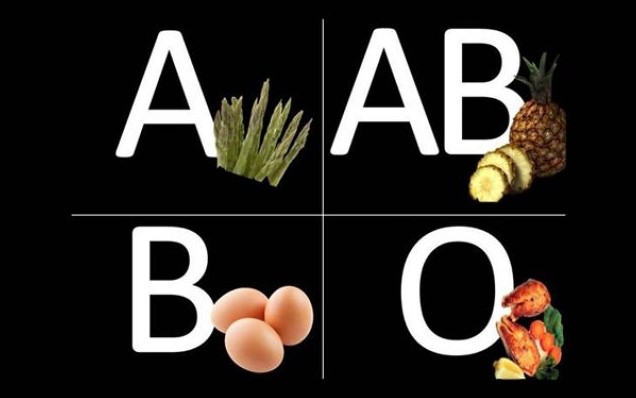
The AB Blood Type Diet is a nutrition plan that is tailored to your specific blood type. It is based on the idea that your blood type can influence your body’s response to certain foods, and that eating the right foods for your blood type can help you achieve optimal health. The diet focuses on eating whole, unprocessed foods that are rich in nutrients and low in unhealthy fats and sugars. It also emphasizes the importance of exercise and stress management. By following the AB Blood Type Diet, you can improve your overall health and well-being.
Exploring the Benefits of an AB Blood Type Diet: How to Maximize Nutritional Intake for Your Blood Type
If you have an AB blood type, you may be wondering how to maximize your nutritional intake. An AB blood type diet is a great way to ensure that you are getting the nutrients your body needs. This article will explore the benefits of an AB blood type diet and provide tips on how to maximize your nutritional intake.
The AB blood type diet is based on the idea that certain foods are better for people with AB blood types than others. This diet focuses on eating foods that are high in vitamins and minerals, as well as those that are low in fat and sugar. It also emphasizes eating lean proteins, such as fish, poultry, and legumes, as well as plenty of fruits and vegetables.
One of the main benefits of an AB blood type diet is that it can help reduce inflammation in the body. Inflammation is a natural response to injury or infection, but it can also be caused by certain foods. By avoiding foods that are known to cause inflammation, such as processed meats and dairy products, you can help reduce inflammation in your body.
Another benefit of an AB blood type diet is that it can help improve digestion. Eating foods that are high in fiber can help keep your digestive system running smoothly. Additionally, eating foods that are high in probiotics can help promote a healthy balance of bacteria in your gut. This can help improve your overall health and reduce the risk of digestive issues.
Finally, an AB blood type diet can help you maintain a healthy weight. Eating a balanced diet that includes plenty of fruits and vegetables can help you maintain a healthy weight. Additionally, avoiding processed foods and sugary snacks can help you avoid gaining weight.
If you are looking to maximize your nutritional intake on an AB blood type diet, there are a few tips you can follow. First, make sure to eat plenty of fruits and vegetables. These foods are packed with vitamins and minerals that can help keep your body healthy. Additionally, try to include lean proteins, such as fish, poultry, and legumes, in your diet. Finally, make sure to limit your intake of processed foods and sugary snacks.
By following an AB blood type diet, you can help ensure that you are getting the nutrients your body needs. This diet can help reduce inflammation, improve digestion, and maintain a healthy weight. Additionally, by following the tips outlined above, you can maximize your nutritional intake and ensure that you are getting the most out of your diet.
The ABCs of AB Blood Type Diet: What Foods to Eat and Avoid for Optimal Health
A: Eat
• Whole grains: oats, quinoa, brown rice, and barley
• Fruits and vegetables: apples, oranges, spinach, kale, broccoli, and carrots
• Lean proteins: fish, poultry, and eggs
• Healthy fats: olive oil, avocados, and nuts
• Dairy: low-fat milk, yogurt, and cheese
B: Avoid
• Refined grains: white bread, white rice, and pasta
• Processed foods: chips, cookies, and candy
• High-fat meats: bacon, sausage, and red meat
• Trans fats: margarine and shortening
• Sugary drinks: soda, energy drinks, and sweet teaThe AB Blood Type Diet is a unique approach to nutrition that is tailored to the individual’s blood type. It is based on the idea that certain foods are better for people with certain blood types, and that eating according to one’s blood type can lead to improved health and well-being. While there is limited scientific evidence to support the claims of the AB Blood Type Diet, it is an interesting approach to nutrition that may be worth exploring for those looking to make dietary changes. Ultimately, it is important to consult with a healthcare professional before making any major dietary changes.